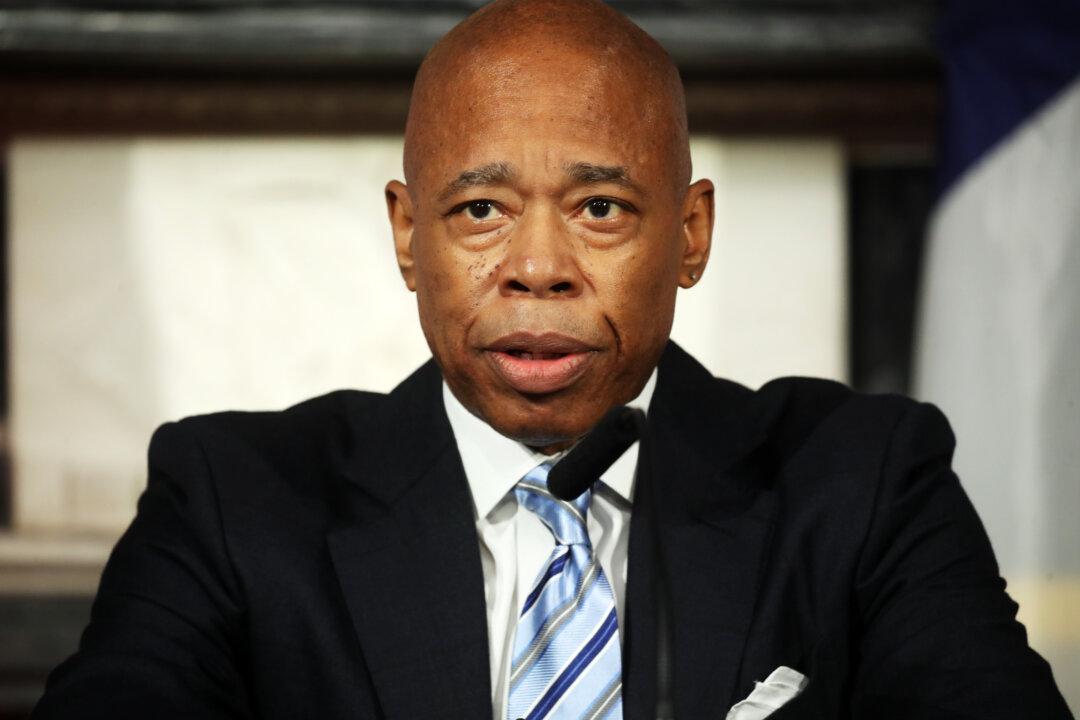HSBC is in the process of retreating from the American retail banking market. Meanwhile, customers in New York have already been notified to clean out their safe-deposit boxes.
HSBC Holdings is a British multinational investment bank and financial services holding company. It’s the largest bank in Europe and headquartered in London.




